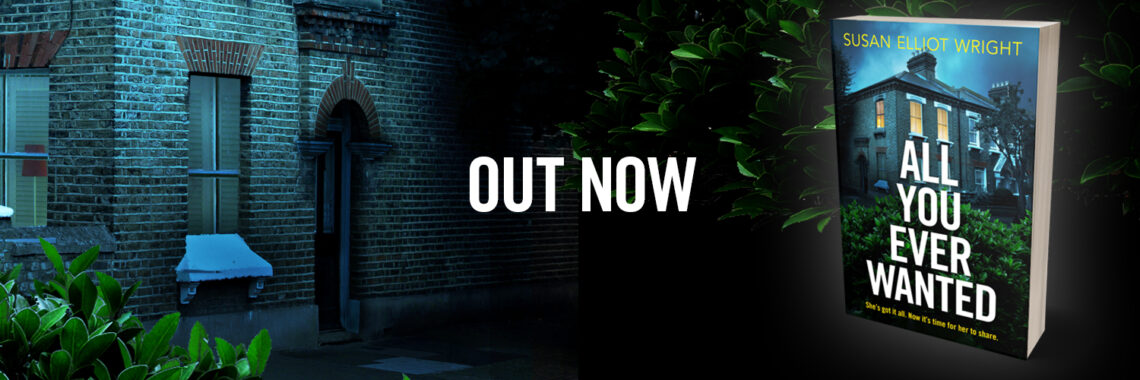So, new house, new study – hurrah! For the last six years, my study has been a box room, approximately eight-foot square. In the new house, I get to have a bigger room, right at the top of the house where I can shut myself away and write my novels.
We’re moving in a couple of weeks, but are lucky enough to have the luxury of being able to decorate before we move in. So, this little cubby hole is at one end of my study, and it’s where my desk is going to go. Thing is, what colour shall I paint it?
Usually, I choose cream or white, but maybe this time I should be a little more adventurous. Maybe go for red, or purple. Will the colour of my walls have any effect on my creativity, I wonder? I’ve been looking into the issue of colour and how it affects us, and I found some interesting stuff!
Apparently, there has been significant research on the effects of the colour red, which has been found to enhance sexual attractiveness, but also to cause teachers to give harsher grades, According to research published in 2010 teachers using red ink gave lower marks than those using blue ink. Psychologists suggest a number of possible reasons for this, for example, red may make us more likely to focus on the concept of failure, or, being associated with aggression, it may even increase testosterone levels, making us more assertive and critical. Who’d have thought it?
I didn’t find much in the way of scientific research on the colour purple, but in popular psychology terms, it seems to be associated with creativity. And I do have a purple notebook. But would I want purple on the walls? Not sure. The most interesting thing I discovered was that, according to research carried out in Munich, brief exposure to the colour green is particularly effective in enhancing creativity. In four separate experiments, participants consistently demonstrated higher levels of creativity after being shown a flash of the colour green than those who were shown red or blue. read the article here
So maybe it doesn’t matter what colour I paint my study as long as I have a quick look at something green before I start work. It certainly explains why we might feel more inspired after a brief walk in the park or over a field. Perhaps I should buy a green notebook? Better still, perhaps I should take to a daily gin and tonic with a big wedge of lime in it? I don’t suppose that’s tax-deductible.
Anyway, we’re moving in a couple of weeks, so I need to decide what colour to paint the walls quite soon. What colour is your writing space? Have you painted it an interesting colour, or do you go for neutrals, with flashes of colour here and there to inspire you? I’d love to know what other writers think!
To find out more about me and my work, visit my website



